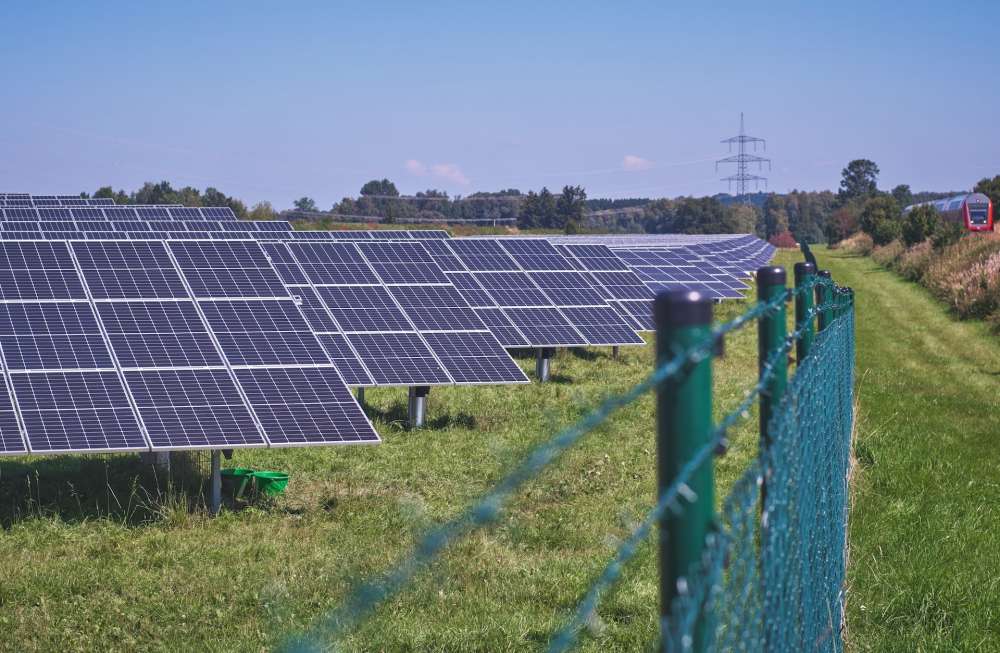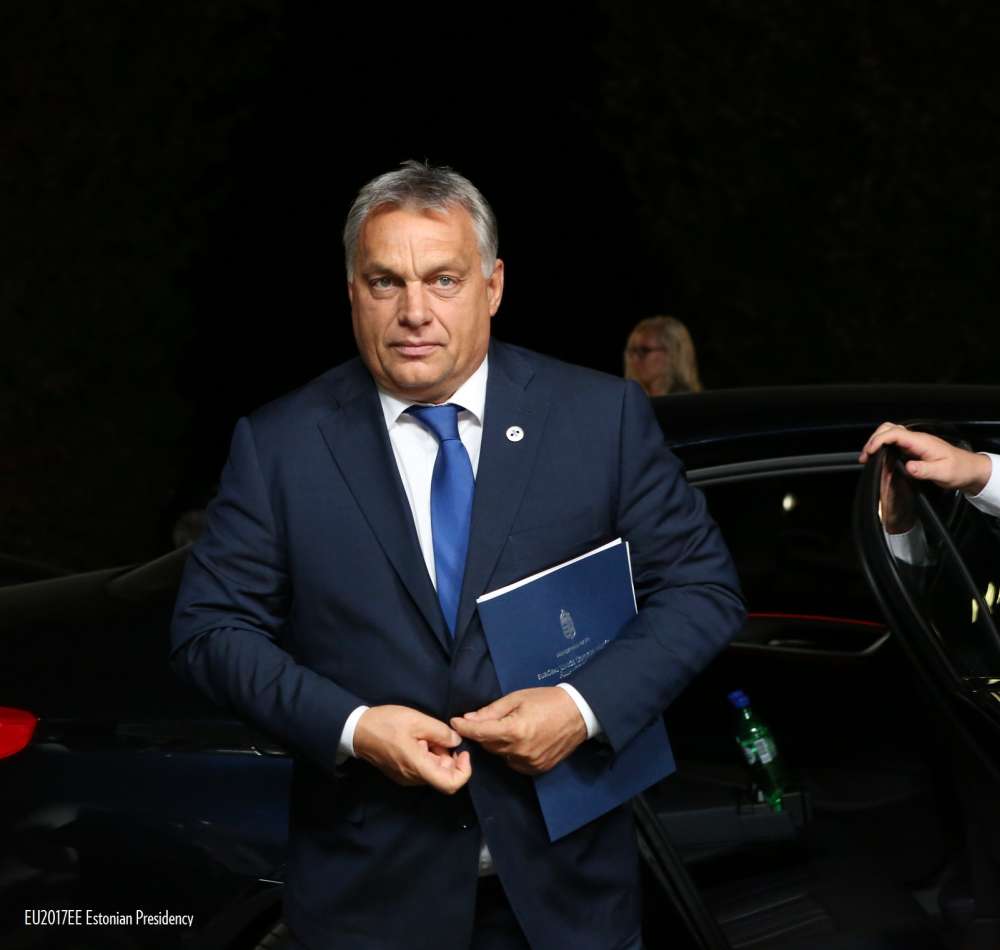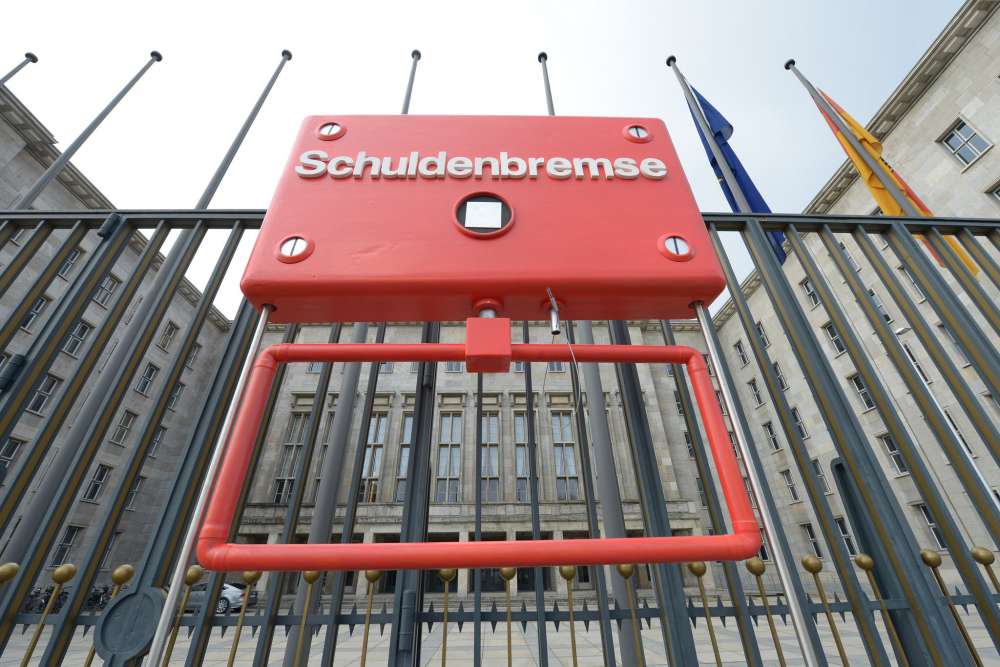Germany Must Abandon Its Debt Brake to Make Up for the Lost Merkel Years

There has been a lot of justified criticism of the halfway house that is the Zeitenwende (“turning point”) agenda proclaimed by the German chancellor Olaf Scholz in late February. As part of the shift, he committed Germany to a substantial rise in defence spending, scrapped rules on weapons exports, and said the country would end its reliance on energy imports from Russia. For the German centre-left (the SPD and Green parties), this meant abandoning an outdated orthodoxy. But even if executed with determination, the Zeitenwende is not nearly enough to enable the radical transformation that the German economy needs. For that, the centre-right CDU/CSU (Christian Democrats) must introduce their own Zeitenwende and prepare to slaughter the holiest of economic policy cows: the “black zero” of balanced budgets and the debt brake.
The debt rule was added to the constitution in 2009, and limits new debt to 0.35 per cent of GDP. It is not only a brake on urgent investments in Germany’s zero-carbon and digital transformation, but also increasingly a security risk. If the debt brake is not abolished, Germany risks gambling away its economic strength and political stability – the very foundations of its foreign policy and military capacity to act. This will also have dramatic consequences for the rest of Europe.
Unfortunately, this realisation has not yet sunk in with many of the country’s security policy elites. Wolfgang Ischinger, the president of the international defence forum Munich Security Conference, for instance, has categorically rejected calls to suspend the debt brake. The government, Ischinger argues, simply has to declare that there is a war in Europe and that “social welfare goodies” – from social benefits to pensions – can no longer be at the top of the domestic agenda. Ischinger fools himself into thinking politicians will get away with this. Most Germans, faced with a choice, will opt for the “goodies” not military spending.
This is precisely why the government has packed the €100bn (£840m) in additional spending for the German armed forces, the Bundeswehr, into a special fund (Sondervermögen): because it circumvents the debt brake. If the €100bn had come from cuts to the regular budget, there would have been no majority for it. Neither the SPD and the Greens nor the Christian Democrats have much appetite for an unpopular trimming of the welfare state. Indeed, the CDU and the CSU’s prioritisation of social spending over military expenditure has contributed significantly to the disastrous underfunding of the Bundeswehr.
This fatal logic of priorities applies more broadly – and with serious consequences. Debt brake advocates promise it will protect future generations. In reality, it cripples them by preventing the necessary public investment in a prosperous future. Historians will dissect in astonishment the mindset of the Angela Merkel years. Germany not only increased its fatal dependence on authoritarian powers such as Russia and China, but as a result of rigid economic and fiscal orthodoxies, it also missed the opportunity to make urgent investments at a time of economic strength and negative interest rates. Even when the federal government was able to make money by taking on debt, the CDU proudly proclaimed that “we stand by our fetish” of the black zero, or a balanced budget. The result is a massive erosion of public infrastructure and a failure to invest in Germany’s digital and climate transformation.
The clock is ticking for Germany to make up for the failures of the Merkel years. The country can only be economically successful in the long term if it radically rebuilds the German model: climate-neutral, digitised and adapted to a deglobalising world characterised by great power conflicts. To achieve this (and to repair neglected public infrastructure, from railroads to schools), massive debt-funded investments are needed. To make matters worse, these investments need to be made as interest rates rise and tax revenues go down, with the country sliding into a protracted economic crisis.
As long as the debt brake remains in place, the necessary investments will not happen and political instability will increase. Gone are the days in which budget surpluses allowed coalition governments to paper over political differences. In the current government (as in most other likely coalitions), the debt brake is quickly turning into a hand grenade that could blow up the government at any time. Panicked by polls showing his voters defecting to the CDU opposition, the finance minister Christian Lindner – from the economically liberal FDP party – has doubled down on the debt brake.
Only the CDU/CSU can break this impasse. If it took Zeitenwende seriously, the CDU leader Friedrich Merz would propose the debt brake’s complete abolition. If the phantom pain of this step is too great, the CDU should offer to amend Germany’s constitution, the Basic Law, to exempt investment spending completely. In return, the opposition should demand a special say in how such investment spending is structured, offering bold ideas on what the most ambitious and efficient ways to proceed are. Merz will be tempted, of course, to gleefully wait and see if the debt brake destroys the current coalition government. But for a party that prides itself in putting its country first, it would be an unforgivable abdication of responsibility.
This commentary was originally published in The New Statesman on August 8, 2022. A German version is available here.







